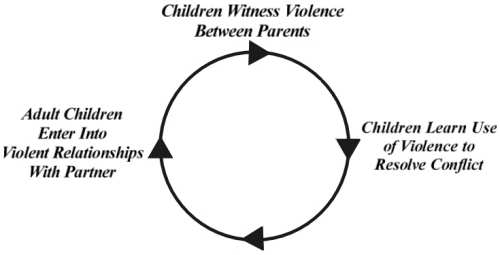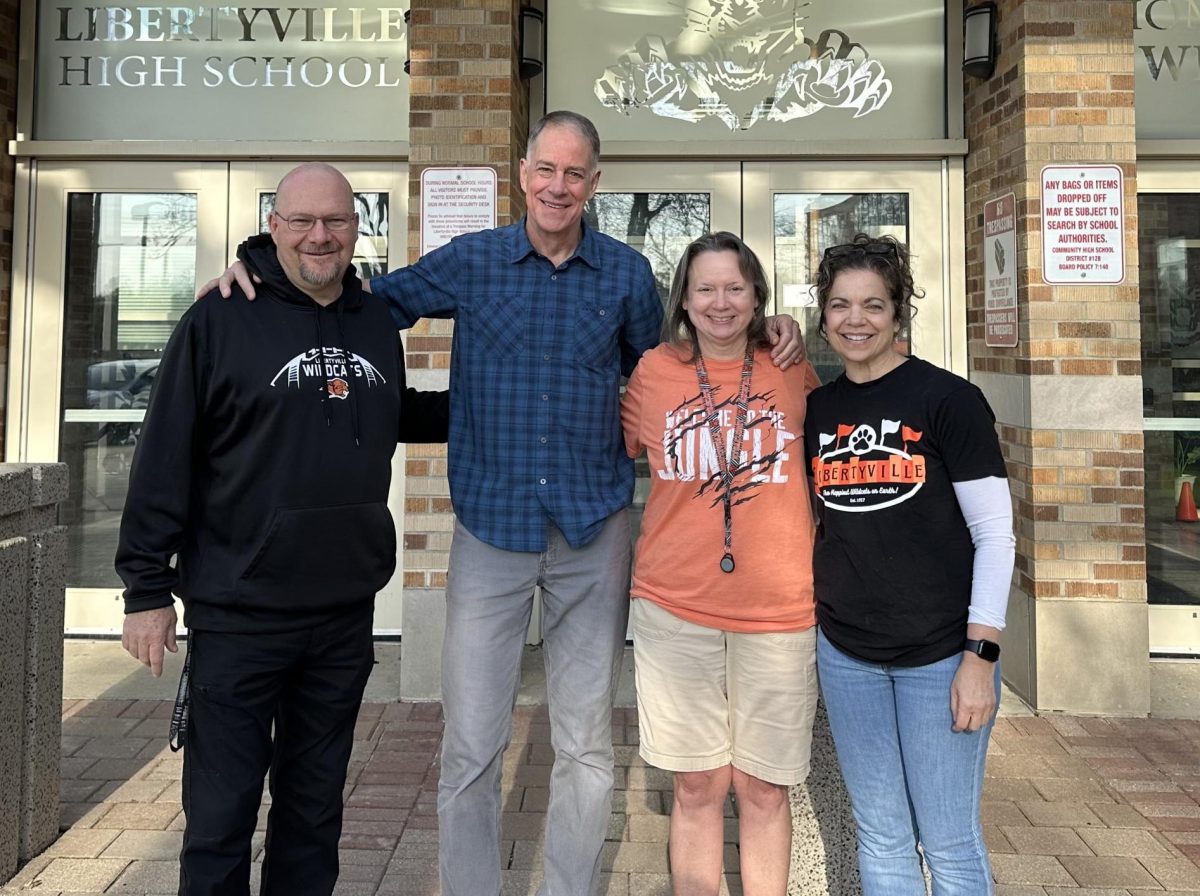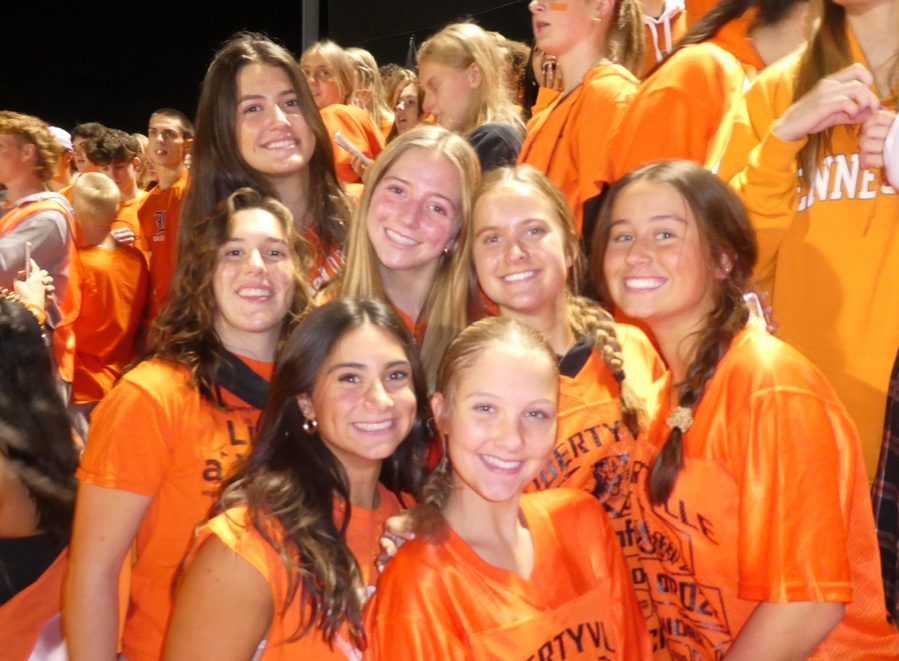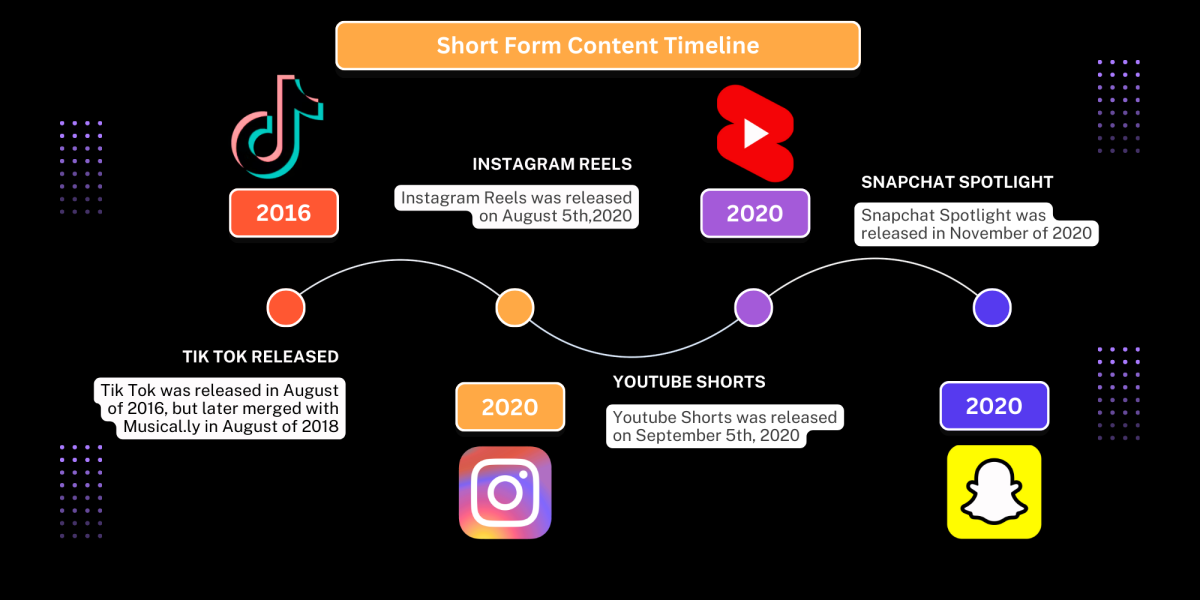
“Don’t judge people. You never know what kind of battle they’re fighting”- Unknown
According to the CDC, (Centers for Disease Control and Prevention) every year in the United States, 10 million teens witness domestic violence and/or abuse in their homes. Although the problem of abusive marriages is becoming a rising issue, the effect on the couple’s offspring can be a huge problem on its own.
“Domestic violence is a very delicate subject because everyone is affected so differently,” said School Resource Officer Bob Uliks. The effects of being exposed to domestic violence can cause as much damage to teens as it can to the adults in the relationship.
Aside from horrific flashbacks and nightmares, teenagers affected by their parents’ violence can develop many temporary or even life-long problems in their own lives. The CDC states that some of these problems may include academic issues, mental disorders, drug or alcohol addiction, feelings of guilt or embarrassment, using violence towards their family members or significant others, and possibly running away or even suicide. These issues may mask the deeper issue of anger, mistrust, fear, or depression.
Oftentimes, kids feel responsible for the outbreaks of their parents and take on a responsibility that is not theirs. This can add to the teen’s feelings of pressure, anxiety, and depression. Teens who play this role are at a higher risk of abandoning their lives. “So often things look great from the outside, but there can be so much going on that someone might withdraw and internalize the problem,” Officer Uliks said.
Around the time that most teenagers witness these violent interactions is about when they begin to start love lives of their own. Unfortunately, teens with abusive pasts do not have the best role models to show them the proper way to treat a significant other. Based on research and experimental results, many of these teens have been said to end up in violent relationships of their own, whether they are the victims or the abusers.
Another prevalent side effect to witnessing abuse is the mistreatment of other peers. Whether it is physical fights, verbal conflict, or emotional deterioration, many affected children try to find a way to bring down those around them.
At LHS, there are many resources for those who are suffering from this issue. Cats Against Conflict is a club at Libertyville High School that prevents conflict among peers. Every other Tuesday at 3 p.m., teens gather together to hold peer mediations or talk about their next involvement in an event. For someone in an abusive relationship, or who has a past with violence, this club could be a perfect fit. Along with CAC, there are many other resources at LHS that help those who are suffering, including support groups, counselors, and many others.
Above all of the unfortunate side effects of teens who have witnessed abuse are the positive traits that can develop throughout these experiences. Although some teens do not ever recover from their terrifying pasts, some teens can find resilience and strength in themselves after such a horrifying time in their lives. A child may find they’re able to heal in an environment where they are heard, nurtured, and made to feel safe. Unconditional love and support networks from friends and family can help a teen with a dark past reach their bright future.







